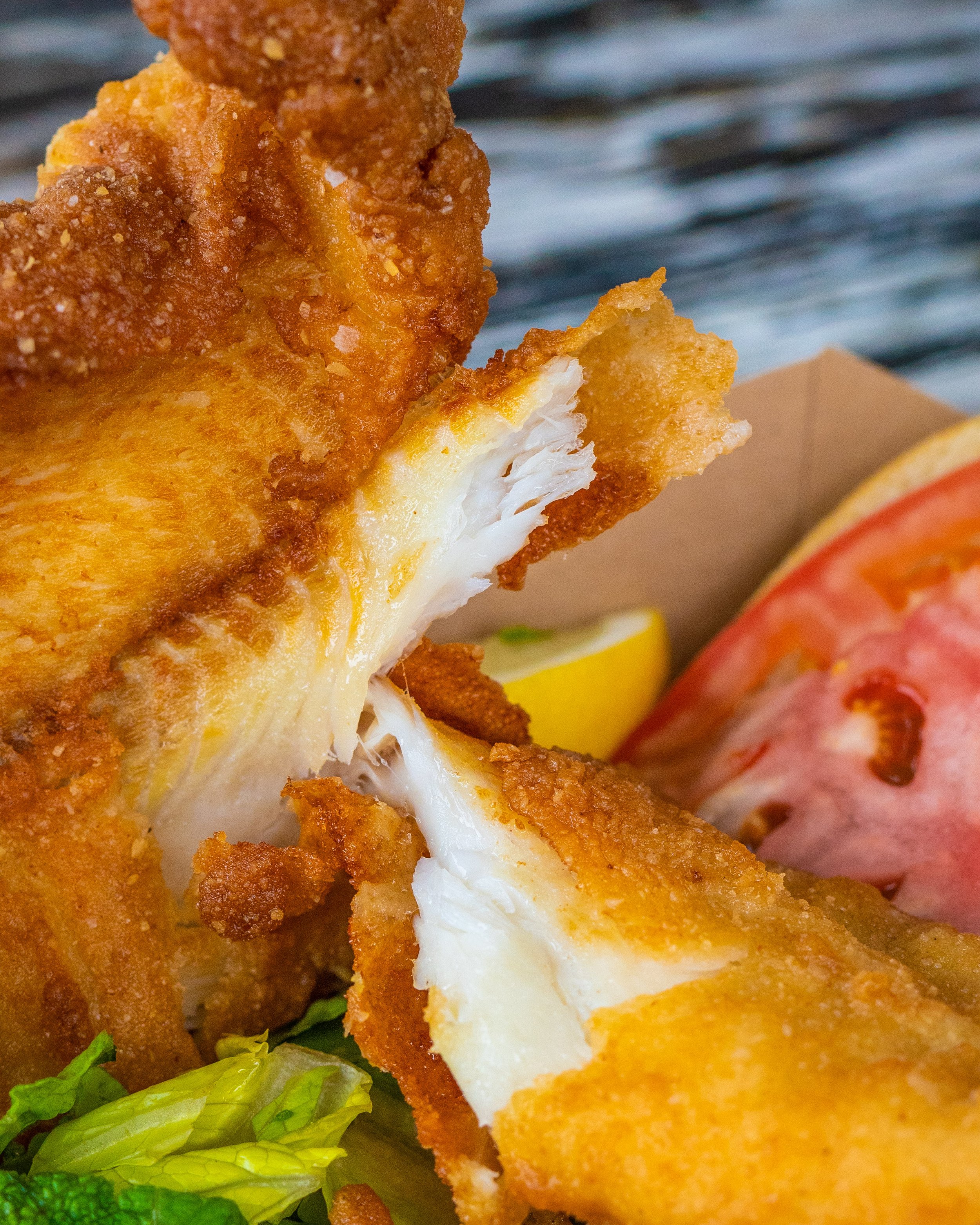What is a Pescatarian Diet?
How Eating Fish Might Be Better for You
It can be hard to change your eating habits, especially when it means no longer eating meat. Meat is a high-quality protein that offers your body benefits, such as helping to build bones and muscles. A carnivore diet is also highly ingrained in American culture. From hamburgers on the 4th of July to turkey on Thanksgiving, giving up meat might seem near impossible.
However, too much red meat can pose various health risks, like an increase in heart disease and diabetes. While you may want to cut down on your meat consumption, that doesn’t mean you have to eliminate protein from your diet.
This is what fish is for. It’s a low fat protein that is healthier and better for the environment. Today, we are talking about switching over to a pescatarian diet.
A Pescatarian Diet
The word “pescetarianism” comes from the Italian word for fish, pesce, and “vegetarianism,” which is the practice of not eating any animals. Pescatarians take a vegetarian diet and incorporate fish and other seafood as their main source of protein.
It is important to note that pescetarianism is not an all-fish diet, so you don’t need to prepare a seafood medley every night for dinner. In fact, the American Heart Association recommends eating two servings of fish every week.
If you’re not sure how to change to a pescatarian diet, may we suggest trying some delicious lobster dishes to incorporate more seafood into your dinner plans?
The Positive Effects of Fish on Your Health
A pescatarian diet is known for its health benefits because of its similarities to vegetarian diets. Some fish, like salmon, are rich in Omega-3 fatty acids, which can help reduce the build up of plaque that can lead to heart disease and strokes.
Cutting out meat means lowering your intake of saturated fat, and substituting it with fish is much healthier, which is one of the reasons people tend to opt in for a pescatarian diet. Making fish the star of your meals will help to prevent obesity and diabetes while still enjoying a hearty meal that will fill your belly. Seafood options, like shrimp, will keep you healthy and satiate your hunger, thanks to its low calorie but high protein quality.
Impact of Pescetarianism on the Environment
Not only is a pescatarian diet great for your health, but it is also beneficial to the environment. When looking for seafood, you want to make sure what you’re buying is sustainable. With seafood, sustainability means that fish and other marine life are caught in ways that will not harm the species.
With sustainable practices, fishing may actually be more beneficial to the health of populations than harmful. This is because overfishing is usually linked to practices that do not support fish after fisheries catch what they need to sell.
The carbon footprint of seafood is also much lower compared to meat due to lower emissions. As fish do not produce greenhouse gasses, which are a leading cause of rising temperatures and climate change, eating seafood is better for saving the planet.
Start Your Pescatarian Diet at Timoti’s
Ready to make the switch to a happier and healthier diet? Head on over to either Timoti’s Seafood Shak locations—Fernandina or Nocatee—for some delicious seafood meals and snacks!



